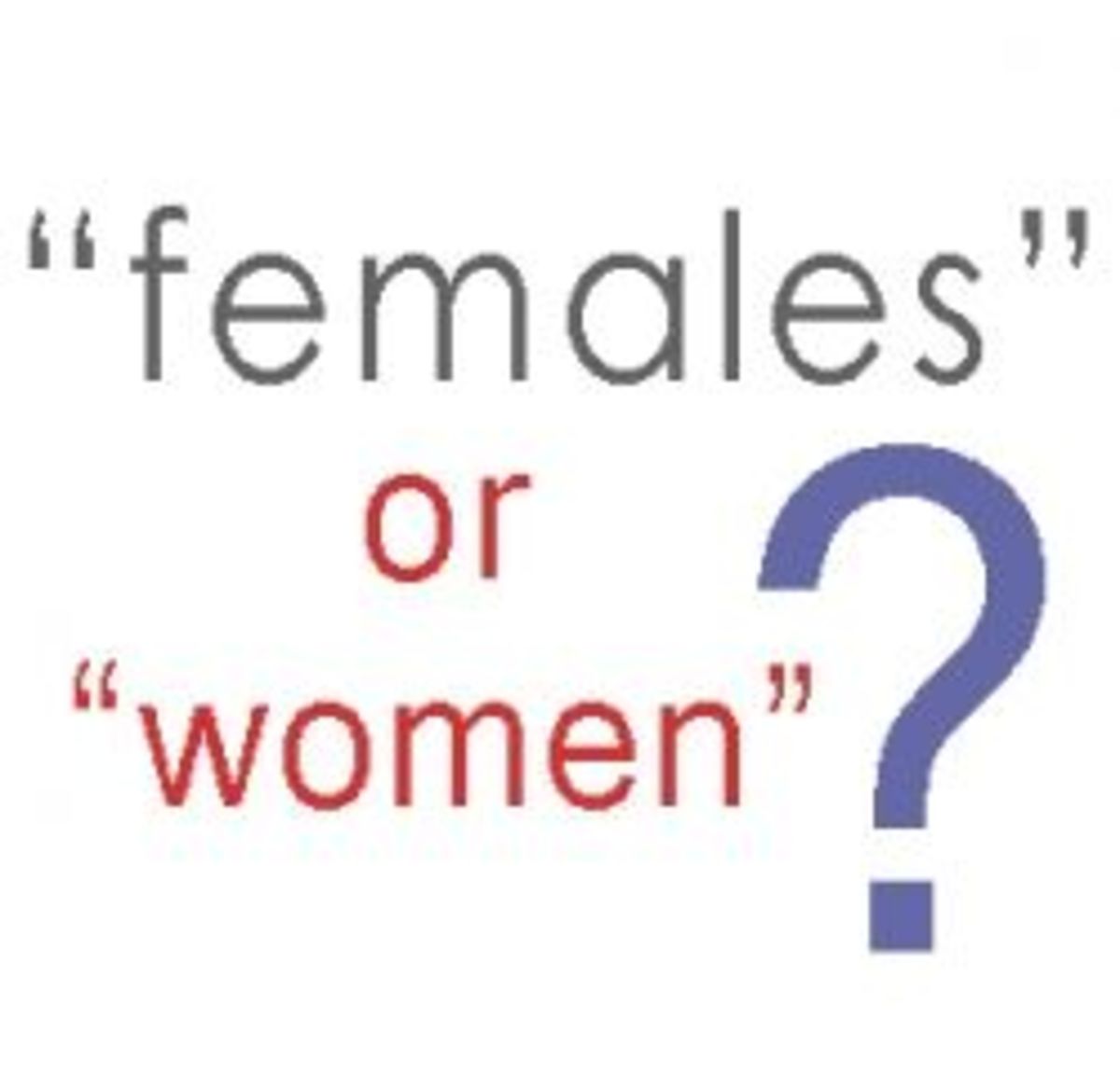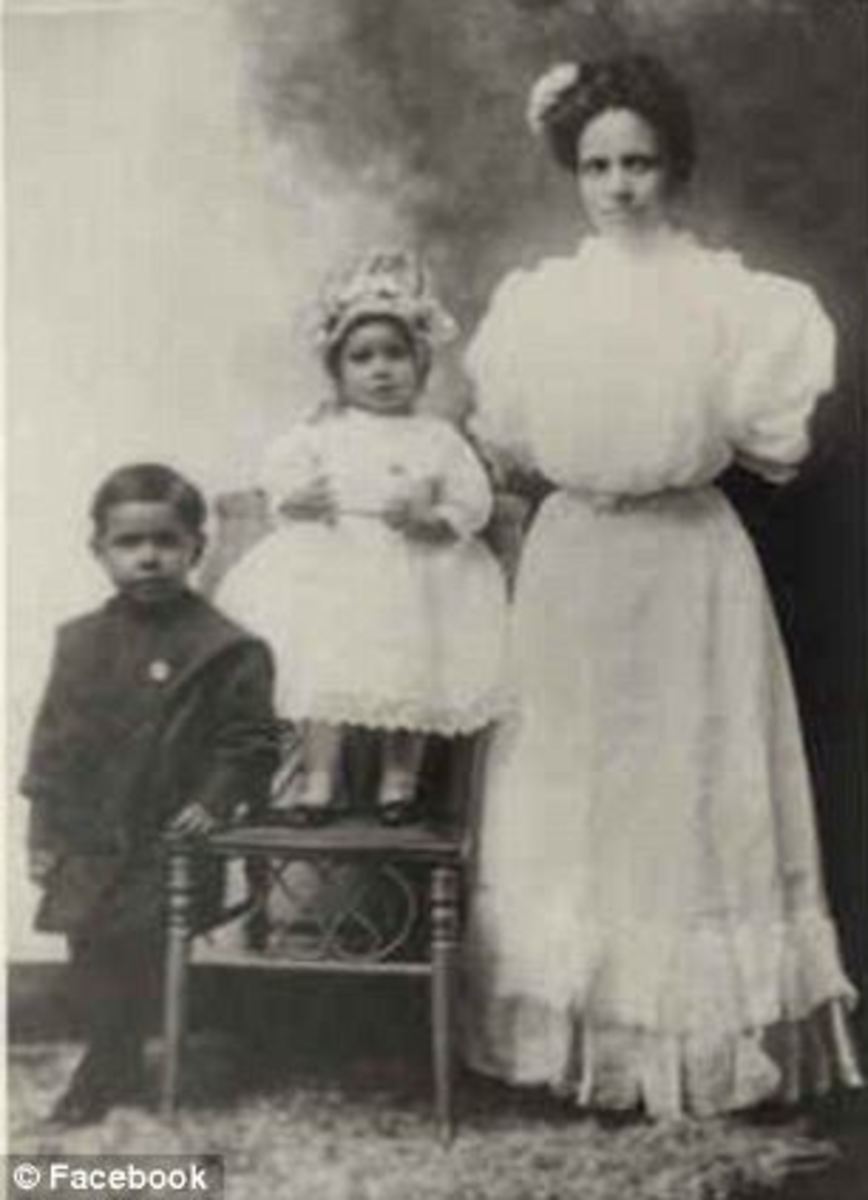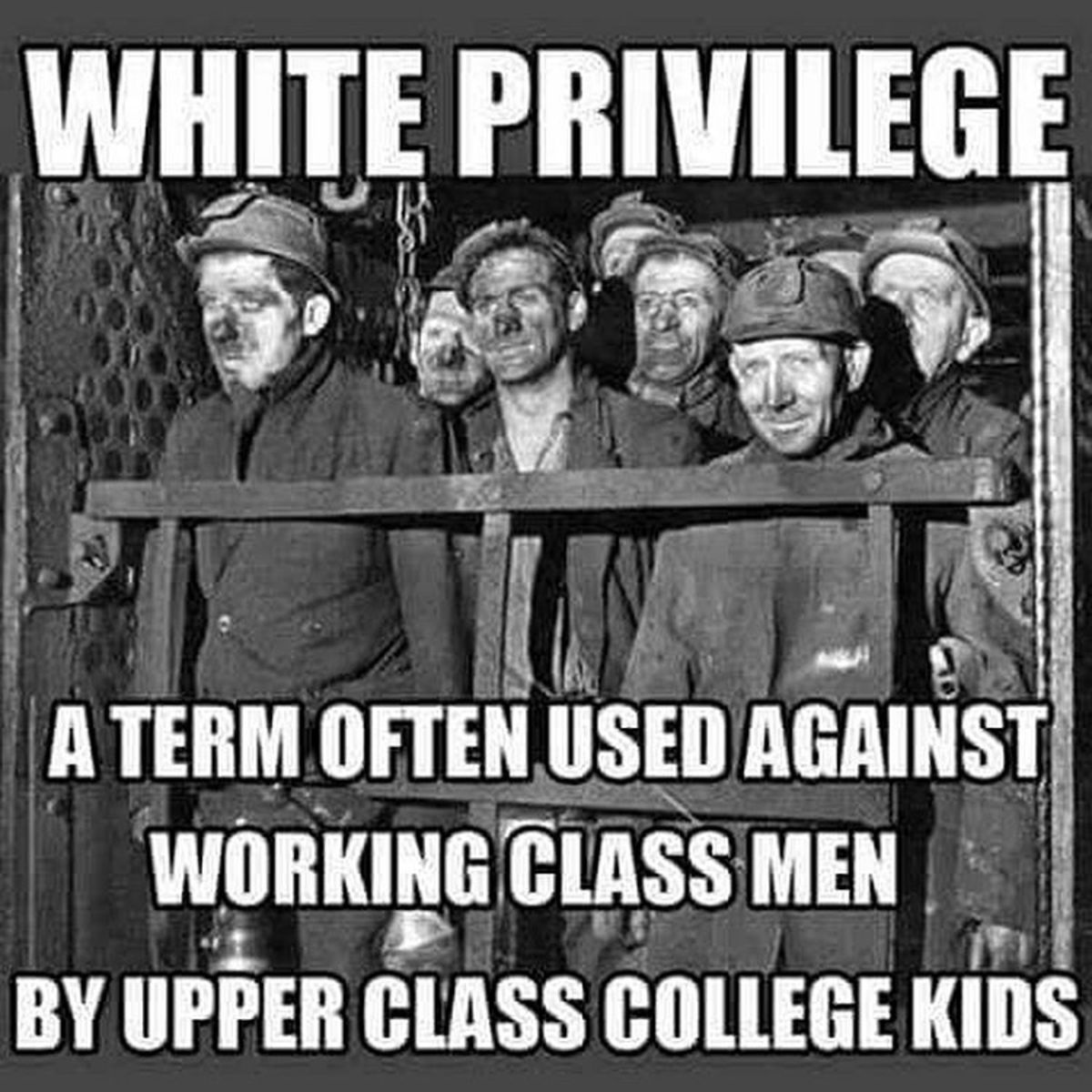Are You Triggered, or Are You Just a Millennial?
Either way, please stop using this word
I've been thinking lately of various catch-phrases that have become widely, and often, used by my generation. Words like "Self-care", "Offensive", "Politically correct", and "Triggered." It's almost no wonder why so many call us millennials "snowflakes": One can hardly scroll through their Facebook feed without seeing a post that references any one of those things. I have grown tired seeing these statuses, pictures, and Tumblr re-blogs in my New Feed, and have been genuinely questioning at what point our society became as sensitive as it has. As a woman who is desperately clinging to her feminist identity in a society that has become increasingly hostile towards non-conforming feminists, I have some thoughts about the use of the word "triggered" that some may find accurate, and most will probably find offensive.
First, here is the third Dictionary.com definition of Triggered: "Anything, as an act or event, that serves as a stimulus and initiates or precipitates a reaction or series of reactions." It's only been in recent years that there seems to have been an uptick in the use of the word, and often by 20 something year olds. Every action, insignificant or otherwise, is now said to be "triggering" towards a person who feels some discomfort. Remember something negative associated with a word or action? Triggered. Feel icky and uncomfortable towards an action that vaguely resembles something you went through years ago? Triggered. Demanding that others tiptoe around your feelings for fear that you'll plummet into some sort of emotional breakdown? See also, the definition of a "snowflake." "Triggered" has become just another word to excuse people's discomfort.
Before you think too harshly of me and my criticism of my peers, I should mention that I am not discrediting the word or the fact that many people have experiences that are fully deserving of the word. Being triggered is a very real emotion that many people feel and I am not saying that their personal trauma should be treated callously. A couple months ago, somebody I knew claimed that something I had done years ago was now 'triggering' to them. At the time, I felt guilty, horrible, monstrous. How could I have possibly done something so wrong that it would be triggering to a friend? Only really, traumatic, awful things were supposed to be triggering, I thought. Not long after, I was visiting with a girl-friend, and this event was brought up. My friend immediately said "I HATE when people use that word. It completely discredits the women out there who are triggered by actual traumatic events: Like me." I realized then that women have taken on a word that holds meaning, and turned it into a convenient excuse for their feelings: Because, if you tell someone you're 'triggered', they'll immediately stop whatever they were doing and feel terrible for having caused you to feel unpleasant emotions. This conversation reminded me of other scenarios where women abuse a word or claim so frequently that it becomes unbelievable and irrelevant--like when too many women falsely accuse a man of sexual assault, and the women who have been actually assaulted are now disbelieved. Unfortunately, the wrong actions of a few often represent the majority.
My generation is not without its positive values, of course: I'm happy that I live in a society which now embraces talking more openly about anxiety and mental illness, and that values taking care of oneself. But, I've seen a connection with those who encourage 'self-care', and those who claim to be triggered when really, they just felt uncomfortable and didn't like what they were hearing. Saying you are 'triggered' and demanding others be sensitive to you, is harmful to both yourself and to the many women and men who genuinely suffer from traumatic experiences. Maybe what my generation needs is a little less pandering, and a little more of a reality check.
© 2018 Angela





